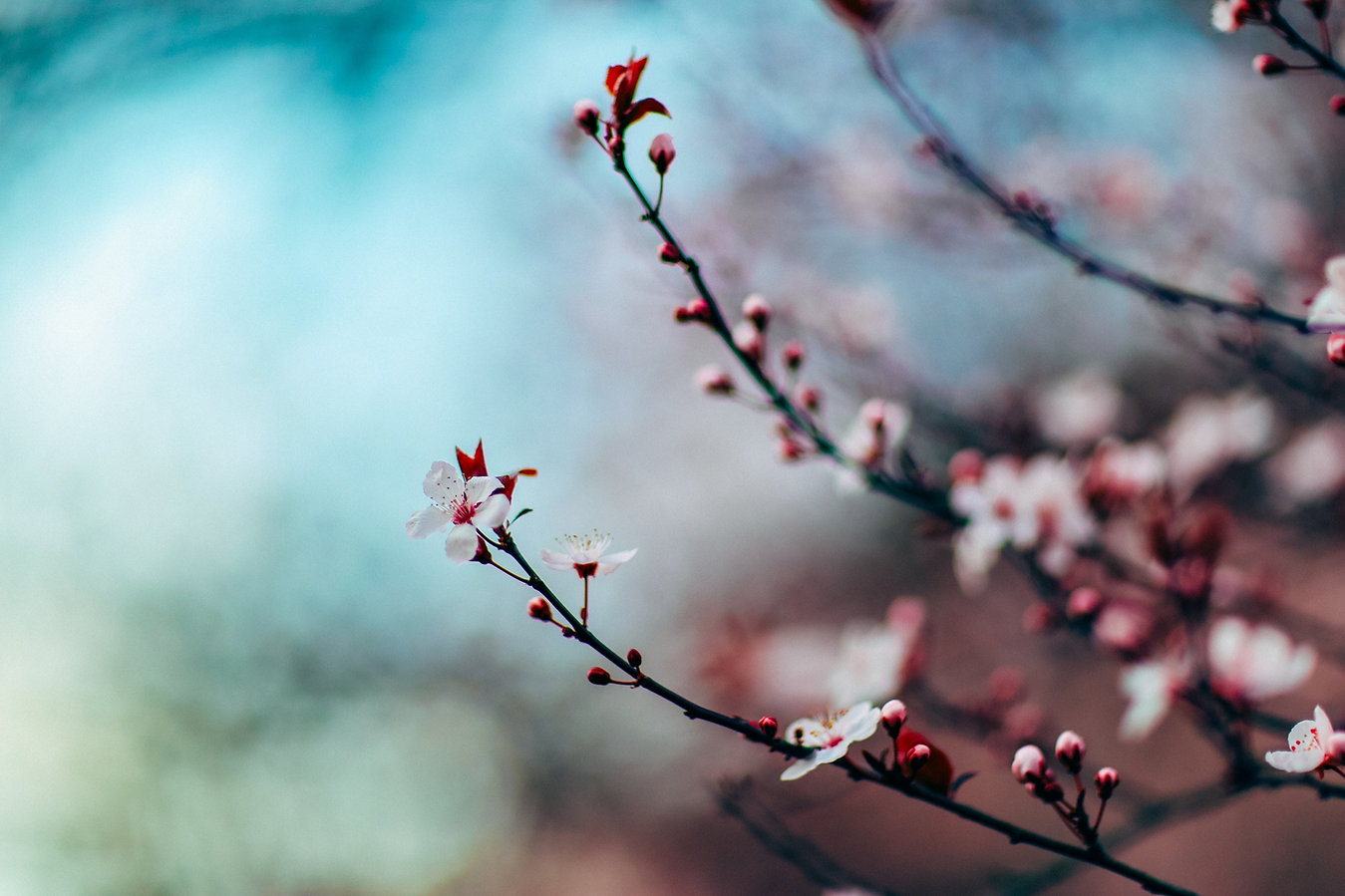
Neglecting imagination also means neglecting the ability to create diversity, different perspectives on the world.
Creativity is a word that is often used and “exploited” in today’s world. The concept itself is defined and established by economic doctrines and the labor market. Consumerist, capitalist logic demands that individuals constantly produce socially desired products, copy goods, and adapt personally to different situations, while referring to creativity, which is supposed to represent a space for their free expression. Creativity is thus linked to the need to satisfy desires, to achieve precisely defined goals, while neglecting and breaking the link between man and the environment. At this point, we can no longer speak of creativity, but rather of an attempt to “reduce” creative flows, potentials that we carry within ourselves as creative beings.
Creativity is inextricably linked to the environment from which we draw information, while simultaneously investing our own impulses into it, thus changing and transforming it – we actively interact. Just as we breathe in and out air, so we also receive and give our thoughts and ideas to the world. When we breathe, we interact with the world and we ourselves “represent the world”, we are the “lungs of the world” and with every creative gesture we intervene in the very structure of being or it intervenes in us. As breath circulates, so do creative forces – they meet each other, touch, connect and weave new structures, while not being limited by a goal or final product. To create means to try new situations, improvise, learn, enter into the process of interaction, establish relationships. We establish relationships by “sharing air”, not by appropriating it, by allowing creative flows to move outside of hierarchical arrangements, within a field of communication that is based on respect and acceptance. In this way, creativity calls for a more subtle approach to relationships. This is only possible when an individual becomes aware of the process of inner growth or embarks on a path of awareness. Creativity is therefore inextricably linked to health, a healthy relationship with one’s own needs and desires and the environment.
In modern times, which is subject to haste and rapid accumulation of results and material goods, which often leads to the development of mental imbalance (as a result of stress disorders, chronic fatigue, etc.), it is particularly important to prepare and equip ourselves for unpredictable everyday situations, to create a good foundation and develop appropriate mechanisms for (un)safe circumstances.
Socially, emotionally, physically, and even academically, we will thrive if we have the opportunity to develop holistically in our environment. It is essential that we are directed towards creative expression. Creativity means creating conditions for a healthy way of functioning in relation to ourselves and our surroundings. A creative individual enters the world in a way that allows them to function in accordance with their own inner disposition and simultaneous understanding of others – therefore, there is also a much lower chance that they will suffer from mental disorders (depression, anxiety, eating disorders, various addictions, etc.), which are increasingly appearing in our society. Many psychologists and other scientists are finding that creativity is essential for establishing (and nurturing) mental health, as it allows for growth and development.
